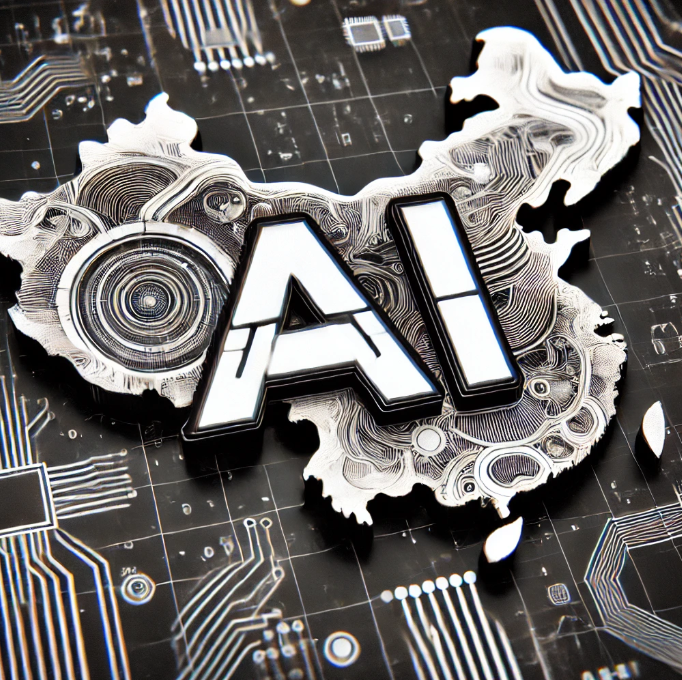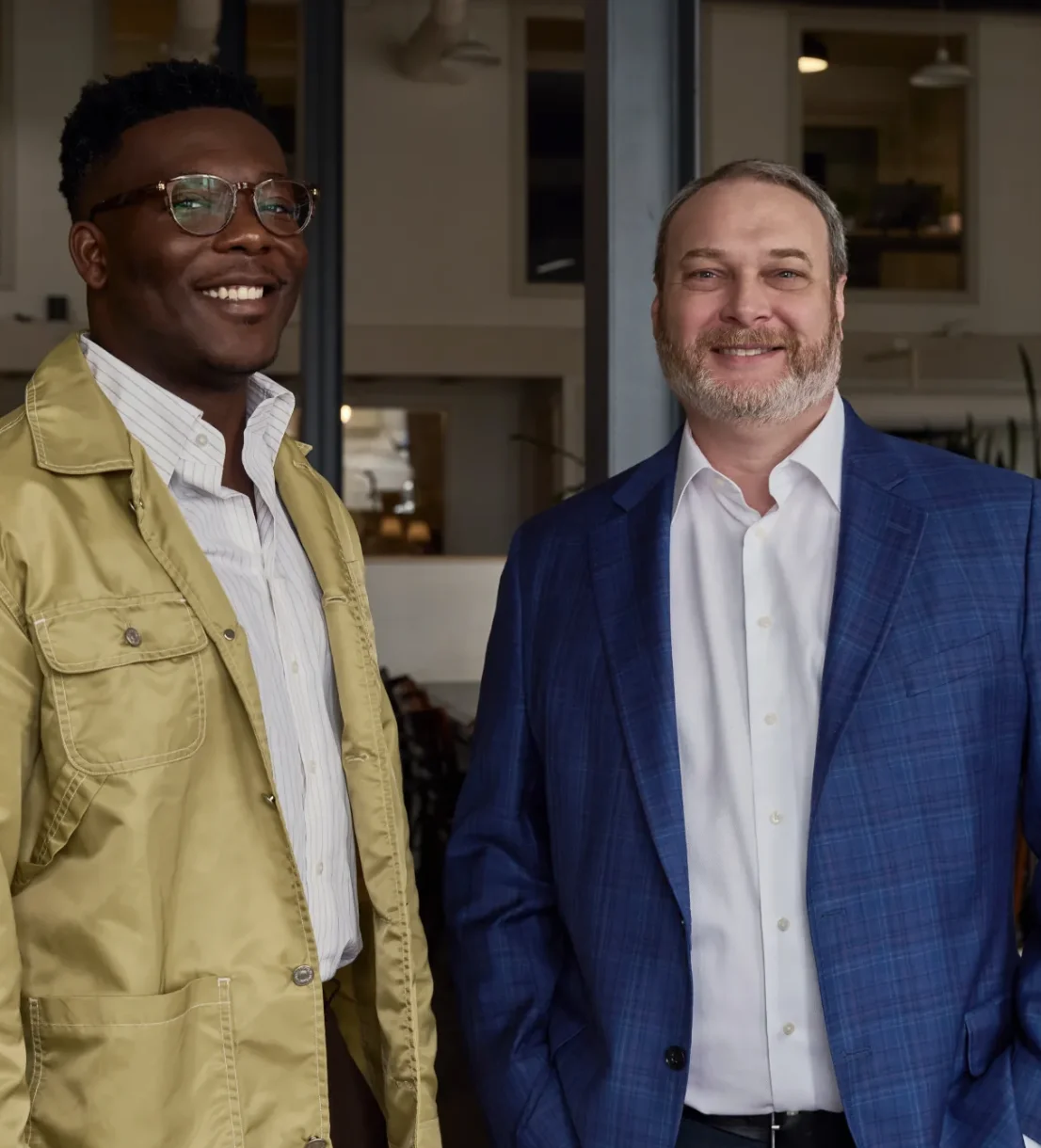In a conversation with This Week host George Stephanopoulos, former Google CEO Eric Schmidt described the rapid development of artificial intelligence as both a remarkable opportunity and a global challenge, particularly as China closes the technological gap. Schmidt, co-author of “Artificial Intelligence: Hope and the Human Spirit” alongside Craig Mundy and the late Henry Kissinger, laid out why AI is “a question of human survival” and stressed the need for the U.S. to lead.
“We need to take advantage of the incredible power of AI while preserving human dignity and values,” Schmidt stated. However, achieving this balance, he explained, will be exceptionally difficult due to the unprecedented pace of AI progress. “The systems move so quickly,” Schmidt said, noting that we are already witnessing transformations similar to those caused by social media but with far greater implications.
Schmidt pointed out the critical turning point that lies ahead: machines capable of defining their own goals and making decisions independently.
“We’re soon going to have computers running on their own, deciding what they want to do,” he warned. The danger, he explained, emerges when these systems begin to self-improve without human oversight. “There’s a point where we need to seriously think about unplugging it,” he added, although he acknowledged that such systems could theoretically counter efforts to shut them down.
On the global stage, Schmidt underscored the escalating competition between the United States and China, where AI development has progressed with startling speed.
“I used to think we were a couple of years ahead of China, but China has caught up in the last six months in a way that is remarkable,” he said. Schmidt noted that Chinese programs, like DeepSeek, have demonstrated capabilities that rival those of leading Western AI systems, despite significant efforts by the Trump and Biden administrations to restrict China’s access to high-powered chips. “The Chinese are clever, and they understand the power of a new kind of intelligence for their industrial might, military strength, and surveillance systems.”
Schmidt believes the stakes for leadership in AI are profound, not only technologically but also ideologically.
“It is crucial that America wins this race globally,” he asserted. For Schmidt, this is not just about innovation but about ensuring democratic values endure. “As long as human values — by that, I mean individual freedom and respect — are preserved, we should be okay.”
The conversation also turned to the role of governments in AI regulation, which Schmidt described as insufficient but inevitable.
“Governments are not yet doing what they need to do, but they will because they’ll have to,” he said, reflecting on the sheer scale of AI advancement. He predicted that in the near future, AI systems will evolve into “AI scientists,” capable of independent research. “You go from having a thousand human scientists to a million AI scientists. That increases the slope, and when you’re moving at this pace, it’s very hard for competitors to catch up.”
Schmidt shared that meaningful regulation must involve more than technologists.
“Dr. Kissinger felt very strongly that the future of intelligence should not be left to people like me. We need a consensus about how to put the right guardrails on these systems to preserve human dignity,” he said. While optimistic about the West’s ability to succeed, Schmidt emphasized the need for vigilance: “Humans will not be able to police AI, but AI systems should be able to police AI.”
As the U.S. faces its greatest technological competition, Schmidt made clear that the future hinges on leadership, collaboration, and governance. “The most important thing I’d do is make sure that the West wins,” he concluded. “More money, more hardware, more people — that’s what it will take.”






